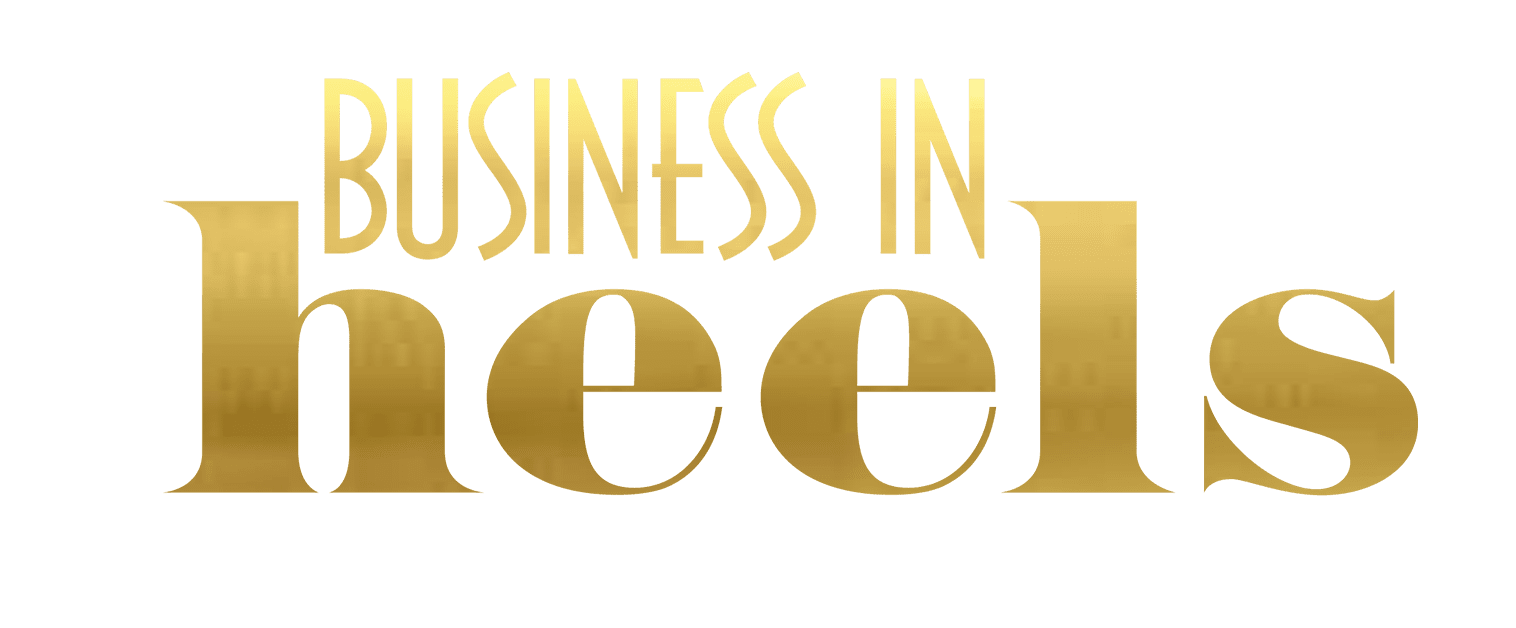The modern workplace has changed forever. We can thank COVID19 for the fast progression to remote working, or can we?
Across the globe, there has been a gradual shift to remote working, in a variety of forms, for more than 20 years. Yet it has never really taken off on mass. COVID19 brought us an incredible opportunity to advance remote working into many sectors that had not been considered possible prior. It is interesting to reflect on what we can achieve when under the pressure of a pandemic don’t you think!
So what happened when COVID19 forced us to work remotely from home on mass all over the world?
We all had to shift to working from home. Some of us had experience with remote working, so the shift was relatively simple. Yet, for others, it was a completely new experience. The hours available to us shifted as millions of people got back their commuting time and replaced it with activities that they had previously no time for.
So what did people start doing?
People began to walk before and after work. People got more time with their children. People got to go to the gym. People got time to cook dinner more often for their families. For many people, they literally got back a few hours every day. Yes, some likely decided to just sleep longer, but not everyone else did.
With workforces now progressing on a return to work all over the world. How are people feeling? Some are happy to return to the office, yet many have enjoyed their extra time and are sad to lose it to the dreaded commute. This is what happens when you get to experience both, working from home, and working from the office.
Now we have the insights of the last two years, we are able to reflect on the effects of remote working on a much bigger scale than ever before. However, this reflection must be not only considered from the side of the employer. It must include the valuable point of view of the employee.
When considering remote versus office-based employment, there are usually two major factors, cost and productivity to both employers and employees alike. For some employees, a busy home life makes remote working not productive for them at all. Whilst others get a lot more work done without the distractions of people around them in the office. This scenario seems to apply in particular to workers who have complex jobs, requiring them to be able to concentrate.
When employees work from home, the costs to both employers and employees can be lower, which is often an attraction for both parties. Office space is expensive, yet so too are commuting costs. Factoring in the rise of things like the cost of fuel without salaries doing the same. The entire cost of living has shifted dramatically in the last two years. For some, the cost reduction of the commute could play a large part in maintaining their lifestyle. These factors are all important to consider in employee satisfaction.
So what is the data around productivity telling us?
You might be surprised to discover that there have been numerous studies of late on productivity. Many have shown that productivity on average increases. Findings indicate that remote workers are more productive than their office-based counterparts. Numerous studies found that remote employee’s on average work 1.5 extra days a month in office hours as compared to office-based employees. The vast majority of workers felt more productive and less distracted, which caused less downtime and errors requiring rework. These are some interesting findings.
So with the technology era well engaged across most workplaces, the ability to work from home has become more available than ever before.
Studies have also shown the decline in large numbers interacting in the workplace has not only slowed the spread of COVID19, but it has also slowed the spread of other viruses, including the flu and the common cold.
Choosing to factor these findings into progressive employment models moving forward is looking like a smart move. In fact, remote working in itself could have a very solid impact on reducing downtime in the workplace. This is equally good news for business costs and productivity.All this sounds great right! More time with family, at the gym and less time stuck in traffic right! Who doesn’t what that right?
Yet why are employers rushing to get everyone back in the office, with restrictions easing across most countries throughout the world?
Habit and control unfortunately are making an appearance as the usual suspects. Most employers pre-COVID19 had a preference that employees worked from the office, and enforced it across the board. However, I and many people I know, have worked remotely in some way or another for more than 20 years very successfully.
So why are so many employers struggling to come to grips with the changing world, instead of learning to embrace these potential new ways of working ongoing?
Trust. Let me say that word again, to be sure you heard me right, yes trust. It is literally that simple. During COVID19 employers had no choice but to trust employees, and allow them to work from home to keep their businesses running. Yet when the need disappeared, for most so too did the option to work remotely. This has brought to light the lack of trust in the workplace.
I, and many other professionals, are disappointed that the greater business community, large and small, didn’t learn this beautiful lesson from COVID19. It is the valuable lesson of trust. Instead, most employers on mass chose to return to outdated work practices, by recalling everyone to the office. This is a result of a standard business as usual practice, without considering possible new ways of working that could take businesses forward in leaps and bounds.
The world has changed. I think we can all agree with that. However, to truly embrace the change, we need new ways of working. Yet we are more often than not, choosing the old ones.
It would also seem that we need to uplift many of the soft skills that seem to have been lost in the focus on technology driving business, not people driving technology, driving business. These important skills have been forgotten. Employees are replacing the appreciation lost from their jobs, with likes on social media. We’ve highly tuned our focus to measuring time and attendance, without considering the very people who deliver the results. As a consequence, we’ve lost our ability to trust. Yet in our lives, trust is important to us all.
Trust, at this time, might just be our saving grace kind of moment.
However, amid all the chaos of COVID19, something employers might not have expected happened. Throughout COVID19 people on mass left countries and returned home, leaving significant skill shortages where they left. The market has now returned to an employee market, where qualified candidates can pick and choose the jobs they take, leaving employers finding it hard to fill roles that were once easy to fill in the past.
Some are foolheartedly predicting this dilemma is only short term. However, others are suggesting that there will likely be a slow return. Whilst, many employees may choose not to return to where they lived pre-COVID19 long term, or even ever. This is likely one of the many deep psychological impacts of a pandemic on global societies.
Flexible work arrangements might be the new tool to attract and retain quality candidates for positions, particularly those of a professional nature.
So with this in mind, trust, might well become the most valued soft skill in the post COVID19 world. I bet like many, you didn’t see that coming at all. The tide was always going to turn. It is the natural flow of everything because nothing remains the same forever. It has been a long time since we lived in an employee’s market. It is people who turn companies and economies around. Maybe it is time as humanity, that we remembered the importance of our people. For it is them who kept businesses alive during COVID19, and they will take businesses forward, as we navigate the world beyond a pandemic.
If you are an employer. Where are you placed in the realm of trust, when it comes to flexible work arrangements with your employees? Have you as an employer become complacent in navigating the pivots required in the future of the business world?
Or if you are an employee do you feel valued and trusted by your employer? You have choices now. Maybe your employer needs a helping hand to remember the importance of trust in the workplace.
These questions are being asked of us all in these changing times. Trust is an important and valued human skill. Imagine what the world would look like if it didn’t exist anywhere?
Employees are seeking much greater flexibility in their work today, than pre-COVID19, or in fact ever before. Many people have learned the valuable lesson of work-life balance, with remote working providing much greater balance than many once knew.
A forced, one shoe fits all approach to the return to the workplace could spell a recipe for disaster in a progressive business model. The world has changed. People have changed. Some workplaces are being progressive and choosing to trust their staff to continue to work remotely, whilst others are choosing pre-programmed full returns to the office, or negotiating minimum flexible working arrangements.
Isn’t it time that workplaces changed too, in line with the amazing technological advances that puts everything we need at our fingertips?
If you have been in the same role for some time, you might be thinking, ‘well if I could work from home doing my job well, then maybe I could do that same job for anyone, from anywhere’. If this is you, you are most definitely not alone. Potential job opportunities just got a whole lot bigger, and the world job market a whole lot smaller, thanks to a pandemic.
Kind of cool don’t you think, to discover a new frontier of the future workplace in the middle of a pandemic. In yogic philosophy, we call this the seed of solution held within the problem.
Want to know more about how mindfulness can help support better transitions to future ways of working, that can have both a significant and positive impact on your employee satisfaction and your business bottom line?
Connect with me today to progress your business mindfully.
Your business could rise or fall on what you choose to do next.
#jeanettepeterson_mindfuldisruption



